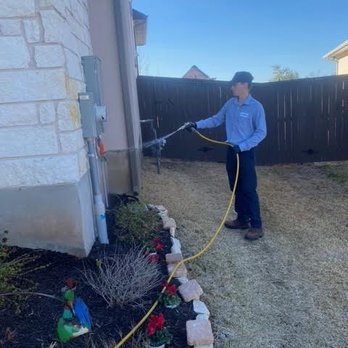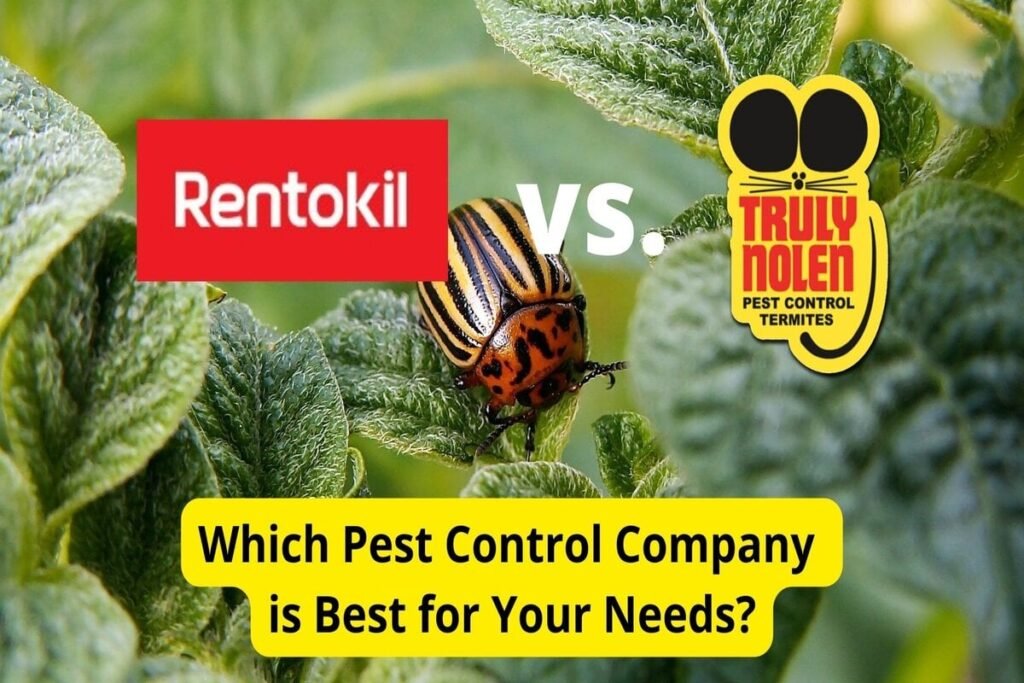When it comes to termite treatment, one crucial question springs to mind: is it safe? As homeowners, we all want to protect our properties from these persistent pests, but not at the cost of our health or that of our loved ones. This article aims to shed light on the safety aspects of termite treatment, delving into various methods and their potential impact on human health and the environment. By the end, you will have a comprehensive understanding of the safety measures in place and can make an informed decision when it comes to termite treatment for your home.
Understanding the Need for Termite Treatment
Requirement of termite treatment
Termites are tiny insects that feed on wood and can cause significant damage to properties. They often go unnoticed until extensive damage has already been done. That is why it is essential to understand the need for termite treatment. By addressing the termite problem promptly, you can protect your property and prevent further damage.
Impact of termites on property
Termites can wreak havoc on your property if left untreated. They can weaken the structural integrity of your home or business, posing safety risks to residents and causing expensive repairs. Termites have the ability to chew through wood, which can result in damaged furniture, flooring, walls, and even foundation issues. Moreover, termites can take a toll on the overall value of your property. Therefore, it is crucial to take effective measures to eliminate termites and protect your investment.
Types of Termite Treatments
Chemical treatments
Chemical treatments are commonly used to combat termite infestations. These treatments involve the application of specific pesticides or insecticides that aim to kill termites. The chemicals used may vary and can be classified as liquids, foams, or dusts. Chemical treatments are known for their effectiveness in termite elimination and can provide long-term protection against future infestations.
Non-chemical treatments
Non-chemical termite treatments offer an alternative approach to eliminate termites without the use of pesticides. These treatments often involve innovative strategies such as heat, cold, or electricity to exterminate termites. The primary advantage of non-chemical treatments is that they offer a more environmentally friendly option while still effectively eradicating the termite problem.
Safety Concerns Involving Chemical Termite Treatments
Potential threats to health
While chemical termite treatments are effective, there are potential safety concerns associated with their use. The pesticides used in these treatments can be harmful if not handled correctly. Contact with these chemicals can lead to skin irritation, respiratory problems, or other health issues. It is crucial to follow safety precautions and seek professional assistance to minimize the risks.
Environmental impact
Chemical termite treatments can have an impact on the environment. The chemicals used may contaminate soil, water sources, or harm non-target organisms. Consequently, it is crucial to choose chemical treatments that have minimal environmental impact and to dispose of any leftover chemicals properly.
Safety Measures During Chemical Treatment Application
Protection of property residents during treatment
When undergoing chemical termite treatment, it is vital to prioritize the safety of property residents. Professionals practicing in the field adhere to strict safety protocols to ensure the well-being of individuals living in the property being treated. They use specialized equipment, such as respirators and protective clothing, to minimize any potential risks to residents.
Preventive measures taken by professionals
Professional pest control services take preventive measures to ensure a safe environment during and after chemical termite treatment. Before application, they thoroughly inspect the property to identify areas of concern and plan the treatment accordingly. They also provide guidelines to residents, such as temporarily vacating the premises or covering food and water sources. These precautions help mitigate the potential risks associated with chemical treatments.
Non-Chemical Termite Treatments: An Overview
Approach towards non-chemical treatments
Non-chemical termite treatments offer a more natural and environmentally friendly approach to termite control. Instead of relying on pesticides, these treatments utilize alternative techniques to eradicate termites. Common non-chemical treatments include heat treatments, electrocution, and freezing, which can be effective in eliminating termites while minimizing risks to human health and the environment.
Effectiveness compared to chemical treatments
Non-chemical termite treatments have shown promising effectiveness in eradicating termite infestations. While chemical treatments are potent, non-chemical alternatives can be equally successful in eliminating termites. It is essential to evaluate the specific requirements of your property and consult with professionals to determine the most suitable treatment method.
Safety Aspects of Non-Chemical Termite Treatments
Efficacy and potential hazards
Non-chemical termite treatments are generally considered safer than chemical treatments. However, they still require careful consideration of potential hazards. For example, heat treatments can pose a fire risk if not executed by professionals properly. Freezing treatments may also require residents to temporarily vacate the property due to the extreme temperatures involved. It is vital to follow safety guidelines and consult with experts when opting for non-chemical treatments.
Impact on the environment
Non-chemical termite treatments have a significantly lower impact on the environment compared to chemical treatments. Since these treatments rely on natural processes such as heat, cold, or electricity, they do not involve the use of harmful chemicals. This makes non-chemical treatments a greener and more sustainable option for termite control.
Precautions to be Taken Following Termite Treatment
Homeowner’s responsibility post-treatment
Once termite treatment has been performed, homeowners have a crucial role in ensuring the effectiveness of the treatment and preventing future infestations. Regular inspections and maintenance are necessary to monitor any signs of termite activity. Additionally, addressing moisture issues, sealing cracks and holes in the property, and storing wood away from the structure can help prevent further termite problems.
Signs of complications to watch out
While termite treatments are generally effective, complications may arise in some cases. Homeowners should be aware of signs that may indicate treatment complications, such as a resurgence of termite activity, damage to treated areas, or the appearance of new termite colonies. These signs should be promptly reported to the pest control professionals for further evaluation and necessary action.
Impact of Regulatory Guidelines on Termite Treatment Safety
Regulations in place for termite treatment
Regulatory authorities have implemented guidelines to ensure the safety and efficacy of termite treatments. These regulations govern the use and application of chemicals, setting standards for professionals in the pest control industry. Compliance with these guidelines is essential to minimize the risks associated with termite treatments and to ensure the well-being of both humans and the environment.
Ensuring compliance for safety
To ensure safety during termite treatments, it is crucial to engage licensed and certified pest control services. These professionals undergo specific training and adhere to regulatory guidelines. By working with licensed experts, you can rest assured that safety precautions are taken during the treatment application, minimizing potential risks and ensuring effective termite control.
The Role of Professional Pest Control Services in Ensuring Safety
Advantages of hiring professional services
Hiring professional pest control services is an excellent way to ensure the safety and effectiveness of your termite treatment. Professionals have in-depth knowledge and experience in dealing with termite infestations. They can accurately assess your specific situation, recommend the most appropriate treatment method, and implement it safely and effectively.
Skill and equipment in ensuring safety
Professional pest control services are equipped with the necessary tools and equipment to conduct termite treatments safely. They are trained in proper handling and application of chemical treatments, ensuring minimal risks to residents and the environment. Moreover, professionals stay up-to-date with the latest advancements and best practices in termite control, further enhancing the safety and efficacy of the treatments they provide.
Conclusion: Weighing the Benefits and Risks
Are termite treatments safe?
Termite treatments, when carried out following safety guidelines, are generally safe and effective. However, it is essential to consider the individual circumstances, such as the severity of the infestation, the type of treatments used, and homeowners’ compliance with preventive measures. Engaging professional pest control services and following their recommendations is crucial to ensure the safety of both the property residents and the environment.
Importance of informed decisions
Understanding the need for termite treatment and the available options is vital for making informed decisions regarding pest control. By considering the advantages and potential risks associated with different treatment methods, homeowners can choose the most suitable approach for their specific situation. Consulting with professionals and adhering to safety guidelines is essential in effectively managing termite infestations while minimizing any potential hazards.
Your Expert in Animal Control and Extermination. Trust our experience for humane, effective pest management, protecting your property and ensuring peace of mind with Michael S.




